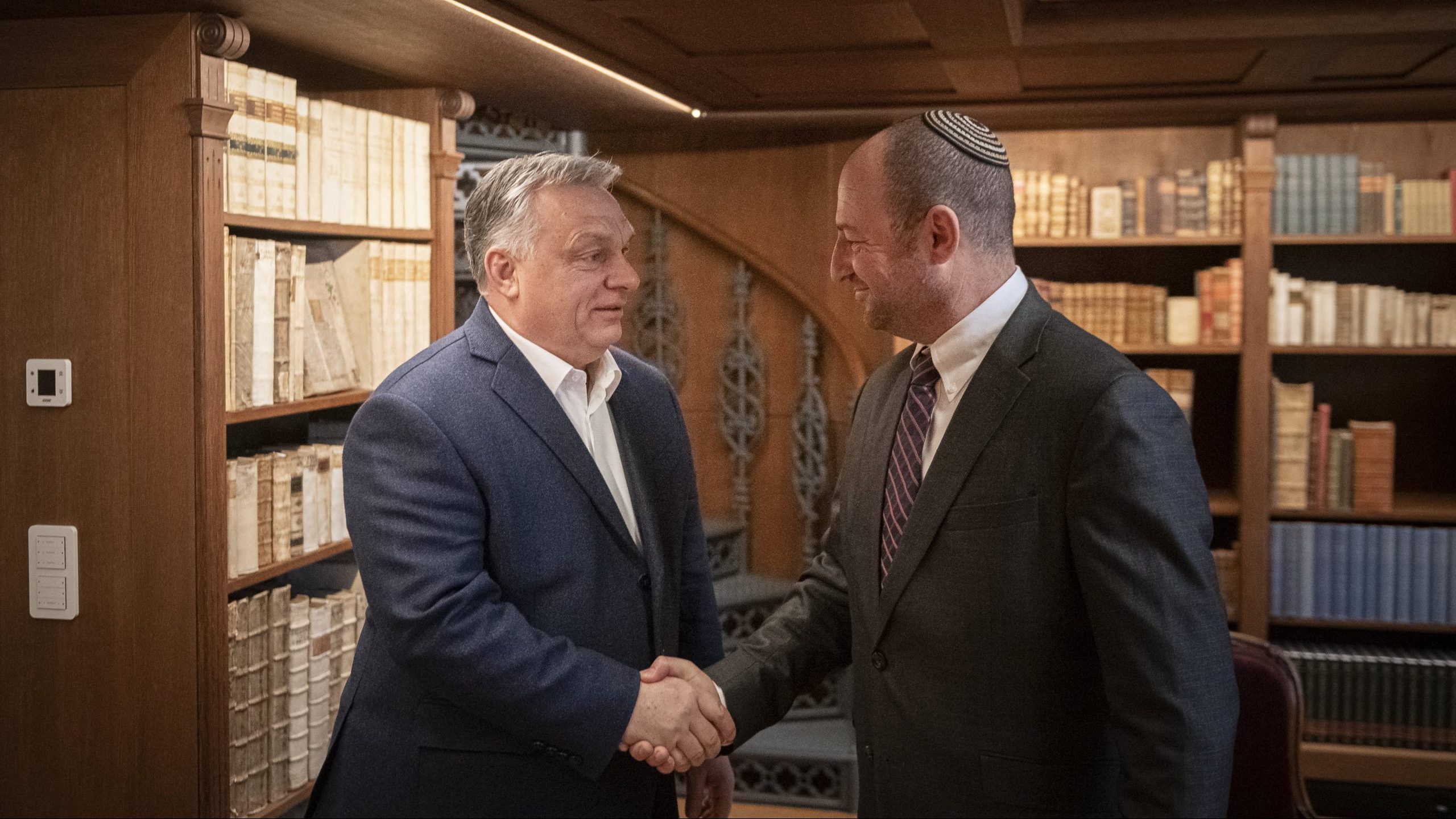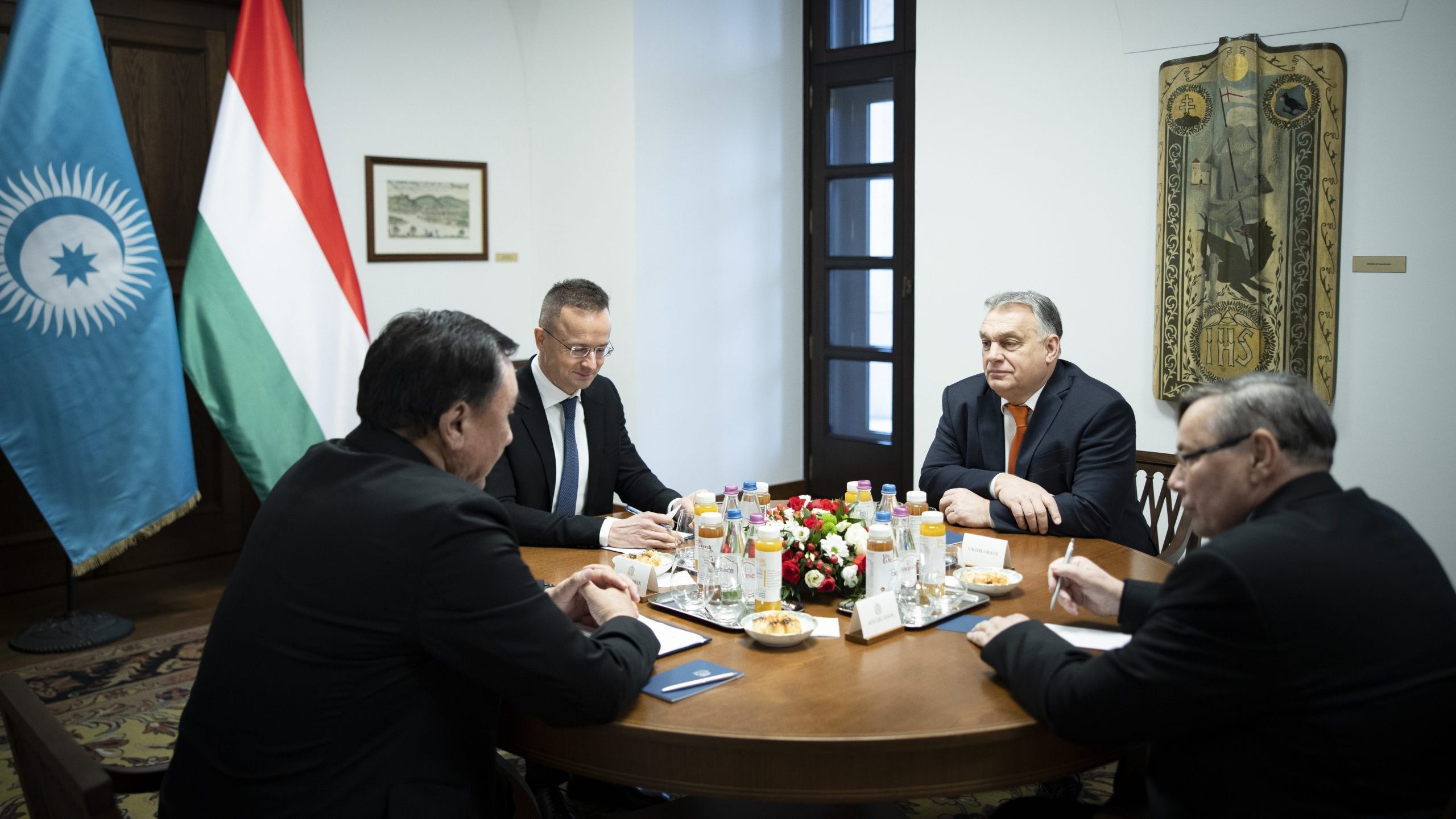
After his meeting of more than five hours with Russian President Vladimir Putin in the Kremlin, the Prime Minister highlighted that this is especially true of the Central Europeans. “We see history in such a light that whenever there was a conflict between East and West, Central Europe was always on the receiving end,” he pointed out.
He said the years of the Cold War “caused us much bitterness and even more suffering,” and so the Hungarians and Central Europeans in general have a vested interest in reducing tensions between East and West, and in doing everything they can to make tensions abate and to prevent a return of the Cold War.
The Prime Minister stressed that this requires talks and dialogue, and it is a welcome development that “there is an ongoing dialogue between Russia and our Western allies”. What “we are able to offer is the Hungarian model”: Hungary is a member of NATO and the European Union, and in the meantime, it maintains excellent relations with Russia, he explained. He added that this requires mutual respect.
Mr Orbán said the situation is serious, differences, too, are significant as Russia’s security needs that everyone is now well-acquainted with and the readiness of NATO Member States to meet them are far from each other. At the same time, the distance between the two is not unbridgeable, it is possible to come to an agreement which guarantees peace, guarantees Russia’s security and is equally acceptable for NATO Member States. He added he sincerely hopes that in the coming days and weeks, such an agreement will be reached as part of the talks.
In answer to a question, Mr Orbán also said the Russian economy has borne the sanctions that have been imposed on it well. He took the view that the policy of sanctions is an unsuccessful means which is bound to fail. For instance, it caused Hungary more damage than to Russia because Moscow built up imports replacement capacities in areas in which Hungary had previously exported goods, and as a result, Hungary has lost markets. However, a number of other Western EU countries, too, have lost markets for the same reason.
Vladimir Putin repeated that Moscow is carefully studying the answers sent by the United States and NATO in response to its security needs. However, it is already evident that the parties have disregarded Russia’s concerns. The indivisibility of security also dictates that no one is allowed to enhance its security at the expense of others, he pointed out.
Mr Putin said NATO deceived Russia as NATO had earlier made a promise not to extend further East. On the other hand, while Moscow requested the opposite, the United States terminated the treaty related to anti-ballistic missiles, and “soon they will be there also in Romania and Poland,” and additionally, these can be weapons of attack, not only weapons of defence.
There is no obligation for NATO to admit new members, and so on this issue they could bear in mind the interests of the other parties to the process, including Russia, he argued. He said Ukraine openly stated that they would like to take the Crimean Peninsula back, if necessary, with military means; “let us just imagine what would happen if they were a member of NATO”.
The interests of every party must be taken into consideration, this is the only way to avoid a negative outcome of the situation, Mr Putin said.
He agreed that the parties must conduct talks about the solution, but he added that for the time being he himself is “not yet ready” to outline what the solution will be.

